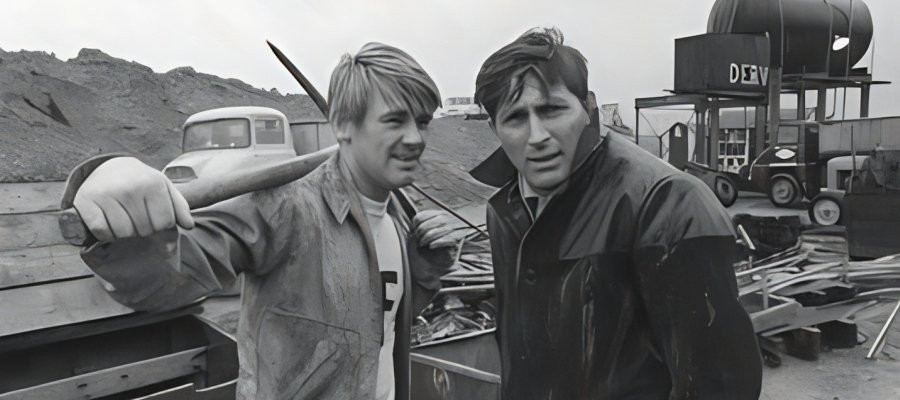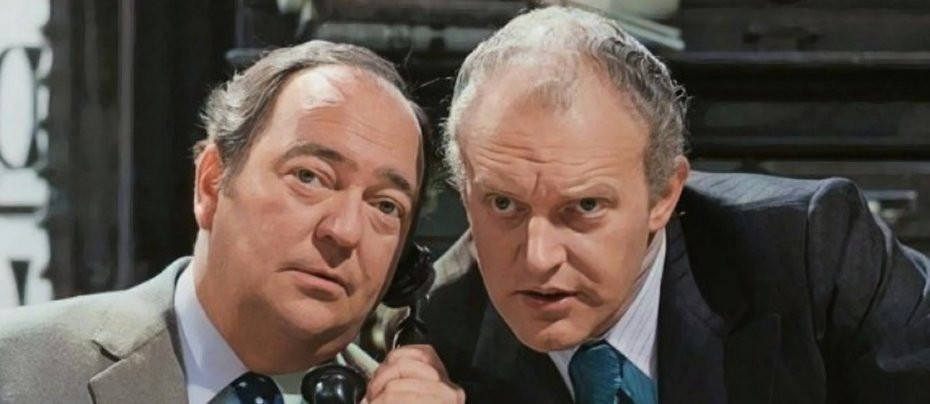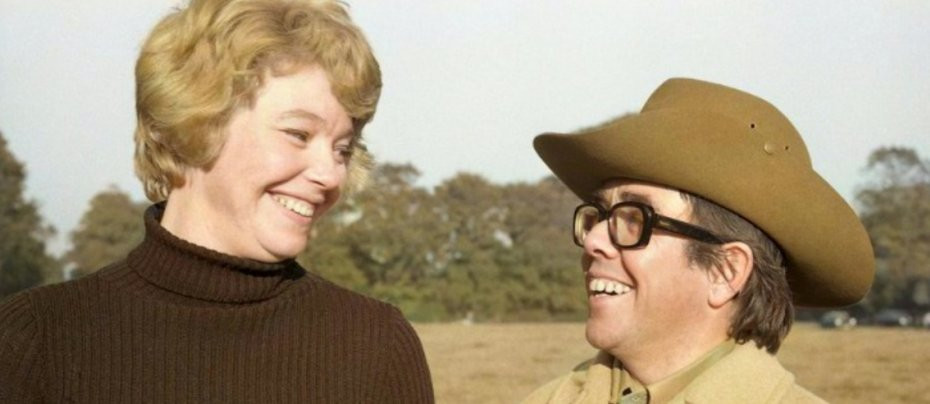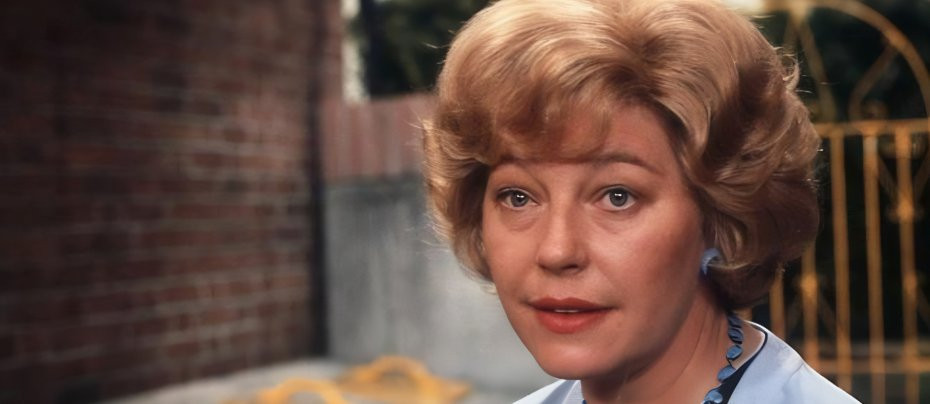
Rosemary Leach
Rosemary Leach’s ability to seamlessly transition between roles enriched the artistic landscape, leaving an indelible mark on British entertainment. In a career that spanned 60 years she only ever expressed one regret, candidly telling an interviewer in 2012 that she had never received invitations to perform at either the National Theatre or the Royal Shakespeare Company. She confidently asserted, "I’m as good as Judi Dench, I’m sure I am," before expressing gratitude for her extensive and all-encompassing television career.
Rosemary Anne Leach, born on 18 December 1935, in Much Wenlock, Shropshire, was the second daughter of teachers Sidney and Mary. Her father, who had familial ties to the renowned social anthropologist Edmund Leach, served as the headteacher at the village school in Diddlebury, near Ludlow. Rosemary’s education blossomed at Oswestry Girls High School, where her talent shone through her involvement in plays. Following a brief stint selling shoes at the Reading branch of John Lewis, she embarked on her journey to London at the age of 18 to train at the prestigious Royal Academy of Dramatic Art (RADA).
She began her acting journey in repertory theatre at Amersham in 1955. She then joined a small regional repertory company in Coventry, where she spent two years. Her roles expanded further when she worked with Bernard Hepton and Derek Jacobi at the larger repertory theatres in Liverpool and Birmingham. Simultaneously, as the National Theatre and the Royal Shakespeare Company were taking shape in the early 1960s, Leach solidified her position as a permanent member of what she fondly referred to as ‘a sort of television rep’. Her television debut occurred in a non-speaking part as a WPC in an episode of Police Surgeon in 1960. She continued in the theatre for another two years before making her second and third appearances on television in Z-Cars in 1962.
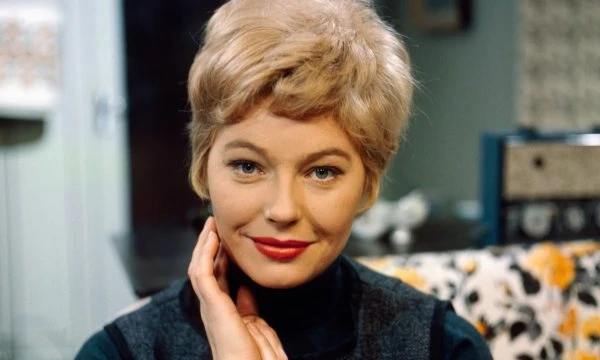
In 1964 she appeared in an episode of Gideon's Way, and in 1965 she was seen in Public Eye, before landing her first significant television role as Susan Weldon in The Power Game, in which she starred until 1966 as the lover of ruthless building tycoon, John Wilder, played by Patrick Wymark. Audiences embraced her expressive features, melodious voice, and emotionally authentic acting. From this point, Leach was in demand and during the 1960s she appeared in a number of one-off plays shown under the umbrella titles of Armchair Theatre (5 stories), and The Wednesday Play (4 stories).
Showing her versatility as an actress, Leach turned to comedy appearing in three sitcoms with Ronnie Corbett, No - That's Me Over Here (1967 - 70) written by Barry Cryer, Graham Chapman and Eric Idle, Now Look Here... (1971-73), in which Corbett plays, not unexpectedly, a middle-aged man dominated by his mother - before meeting and eventually marrying Laura (Leach), and The Prince of Denmark (1974), which is essentially a sequel to their previous sitcom but takes up the story after the couple have inherited a pub. During this period she also began to appear as the storyteller on Jackanory, reading fiction in 35 editions from 1968 until 1985.
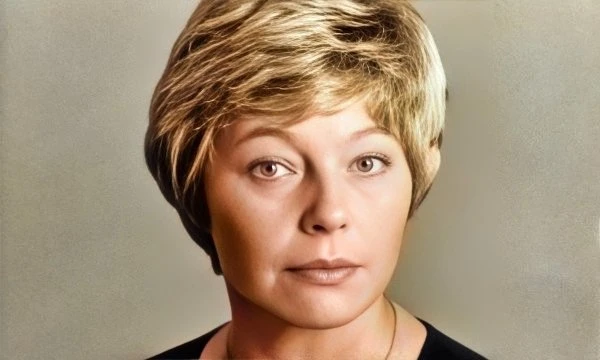
In the 1974-75 sitcom It's Cold Outside written by Jack Rosenthal, she played Sadie to Bernard Hepton's Norman as a couple that have reached middle age together without any sense of achievement. He wants to change the world but as far as that ambition goes, he contents himself with only changing the TV channels, while she has spent years of marriage (23 to be precise) cooking, cleaning and shopping and wondering how life has passed her by.
Her filmography included roles in movies such as That’ll Be the Day (1973 – for which she received a BAFTA nomination), Ghost in the Noonday Sun (1973), the TV remake of Brief Encounter (1974), S.O.S. Titanic (1979), a voice role in the animated film The Plague Dogs (1982), and A Room with a View (1985 – for which she received her second BAFTA nomination). She won a prestigious Olivier Award for Best Actress in a New Play for her performance in 84, Charing Cross Road in 1982.
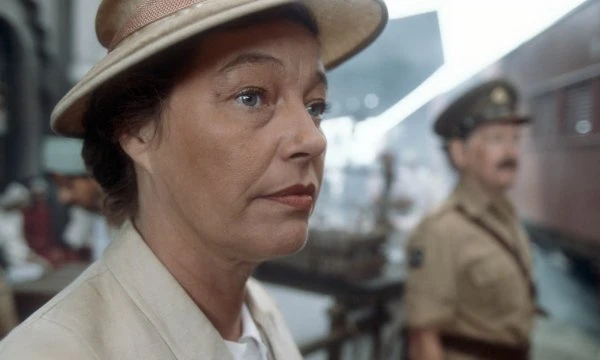
Other notable television performances came in The Jewel in the Crown (1984), The Charmer (1987), Growing Pains (1992-93), The Buccaneers (1995), The Tomorrow People (1995), Look and Read (1996), Berkeley Square (1998) and My Family (2003-2007). In 2007, Leach gave a remarkably accurate portrayal of The Queen in Tea with Betty, a single story in the anthology series The Afternoon Play in which a single mum, Wendy (Angela Lonsdale), bringing up a son with Aspergers and dealing with a challenging ex-husband, is chosen for a home visit when Elizabeth II visits the estate she lives on. On the 10th anniversary of the riots that nearly destroyed their home, Wendy struggles to hold onto her principles. Leach played Queen Elizabeth II three times in total having appeared in the 2002 television movie Prince William and in 2009's Margaret, which fictionalised the start of Margaret Thatcher's political career.
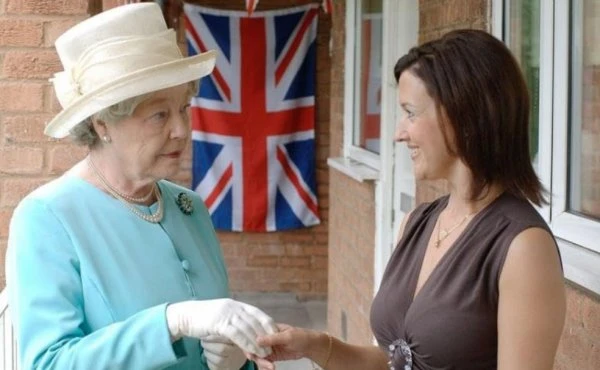
Despite all her on-screen engagements, Leach had returned to the stage in the 1970s, portraying a journalist clad in fashionable denim. This delightful blend of Jilly Cooper and Jill Tweedie graced Don Taylor’s Chekhovian production titled Out on the Lawn at the Watford Palace. The play featured marvellous performances from TP McKenna, Dinah Sheridan, and Edward Hardwicke. Later, in 1976, she became part of the founding company at George Murcell’s St George’s Theatre in Tufnell Park, which dedicated a decade to Shakespearean works. The inaugural season included Twelfth Night, Romeo and Juliet, and Richard III. Her final encounter with Shakespeare occurred in 1981 when she portrayed Emilia in Jonathan Miller’s complexly woven BBC television adaptation of Othello. The cast featured Anthony Hopkins in the lead role, Bob Hoskins as her husband, Iago, and Penelope Wilton as Desdemona.
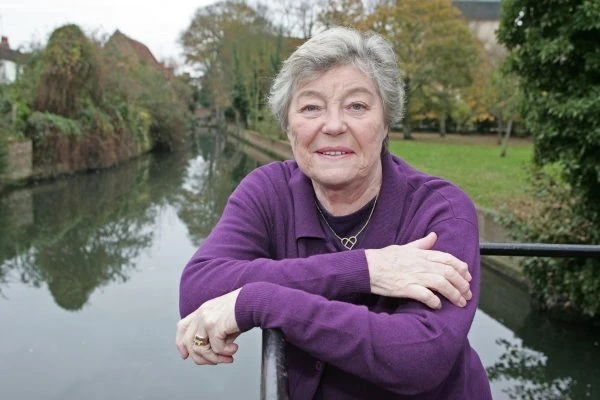
Rosemary Leach’s versatile career spanned stage, television, and film. Her talent took in all ages, genres, and social divides, leaving an indelible impact on British entertainment and leaving a legacy that endures through her captivating performances. Her contributions enriched the artistic landscape. She passed away on 21 October 2017, aged 81 years, at Charring Cross Hospital, following a brief illness, but her memory lives on through her remarkable body of work.
Published on April 16th, 2024. Written by Marc Saul for Television Heaven.




